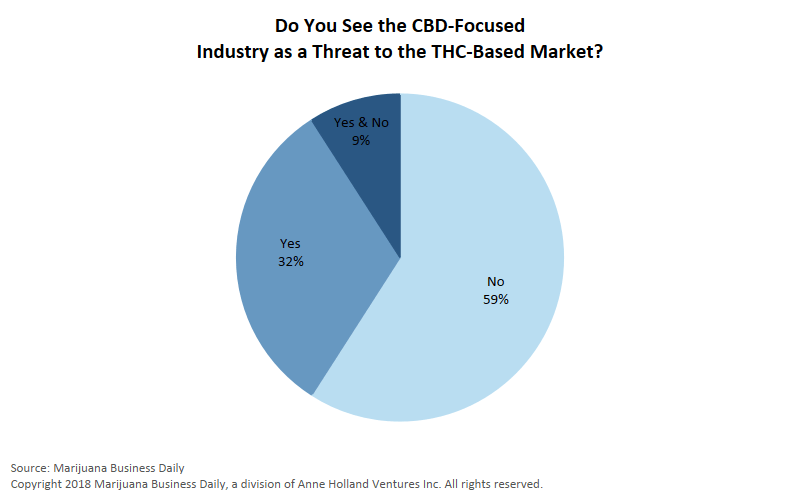A group of California cannabis companies and trade associations have sent a formal letter to Gov. Jerry Brown and the state Bureau of Cannabis Control (BCC) in a last-ditch attempt to push back the upcoming July 1 deadline for new required lab testing and packaging rules.
The letter warns of dire consequences for licensed marijuana businesses if the regulatory changeover isn’t delayed.
“Right now, we’re looking at an estimated loss of about $350-$500 million … in an industry that has already been regulated to the brink of destruction,” said Jerred Kiloh, owner of The Higher Path in Los Angeles and president of the United Cannabis Business Association (UCBA), one of the signatories of the letter to Brown.
The letter predicts that if the July 1 transition is not delayed, some operators may wind up going out of business, whether due to extended wait times for test results stemming from a lack of operational labs or because they’ll have to eat the cost of destroying noncompliant product that many companies have already stocked.
“There are a lot of people saying, ‘I won’t be able to make it,’” Kiloh observed.
The letter, signed by 125 companies and nine industry associations, asks that the state extend the six-month transition period ending July 1 “until the State has approved permanent regulations and has implemented the Track and Trace system.”
The upshot
It appears unlikely the state will acquiesce.
BCC spokesman Alex Traverso told the Los Angeles Times that the July 1 date is firm and won’t be changed.
“We issued our emergency regulations back in November, and at that time, we were pretty clear about the fact that there would be a six-month transition period for retailers to use up their existing supply,” Traverso told the newspaper.
“We felt that was a sufficient amount of time to deplete stock on hand and adapt to California’s new rules.”
The governor’s office referred inquiries to the BCC, and Traverso declined to comment to Marijuana Business Daily.
Khurshid Khoja, a Sacramento-based cannabis industry attorney, told MJBizDaily the letter was a “Hail Mary and not likely to succeed.”
For instance, Khoja said, in order to delay the transition, the BCC would likely have to implement procedural steps that would literally take too much time to accomplish before the July 1 deadline.
“Procedurally, it’s not going to happen,” Khoja said.
Kiloh, however, said a delay could be a viable option if the Bureau of Cannabis Control wanted to take that route.
The letter to Brown and the BCC cites California’s Business and Professions Code, which states, in part, that marijuana industry rules shall not be “so onerous that the operation under a cannabis license is not worthy of being carried out in practice by a reasonably prudent businessperson.”
Asked if the letter was a Hail Mary, Kiloh said, “It kind of is, but it also isn’t … This is something they can do internally.”
It’s also not as though the entire California marijuana industry is unified about delaying the July changeover, Khoja noted.
“There are other licensees that are like, ‘Too bad, so sad. We’ve been working to make this transition date, and just because we made it and others didn’t doesn’t mean that we should be penalized,'” he said. “I’m sure that I’ve got clients on both sides of that divide.”
Losses anticipated
Kiloh said he’s had to shrink his inventory at The Higher Path from about 600 single stock-keeping units (SKU) to 125 because so many companies are out of compliance with the rules that will kick in July 1.
He also noted that the changeover will almost certainly divert product into the illegal market, because there’s currently no way for retailers to get previously untested product back to labs to have them meet the state-mandated standard.
The BCC has been telling companies for weeks that any noncompliant product will have to be destroyed before July 1.
The reality, however, is that businesses would rather break the law than lose hundreds of thousands of dollars in cannabis goods, Kiloh said.
Such a situation, he argued, will only give a boost to the illicit market while undermining companies trying to play by the rules.
“What business is going to destroy $100,000-$200,000 of inventory they’re supposed to? Now you’re putting someone between a rock and a hard place, where they either violate their license type or they might go out of business,” Kiloh said.
John Schroyer can be reached at johns@mjbizdaily.com





